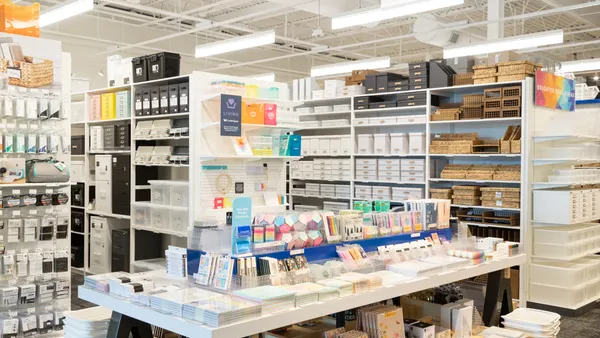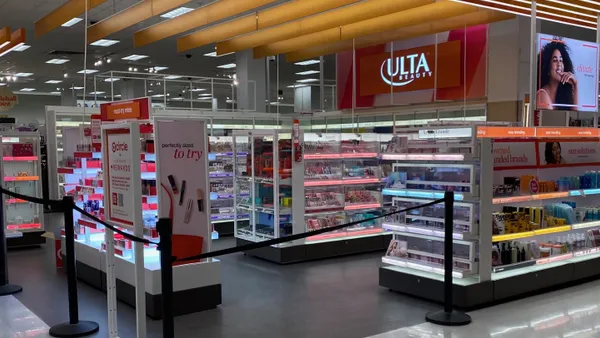The new year has barely begun and yet it’s already been full of major retail happenings, from Party City’s bankruptcy to ongoing layoffs that are hitting retailers and manufacturers of all stripes. Inflation and the threat of a recession have caused consumers to pull back on discretionary purchases and take a more cautious approach to spending, and some retailers are feeling that pain more than others.
In 2023, default rates in retail are expected to stay relatively low, according to Fitch Ratings, but it’s likely to be another year where retail’s strong get stronger and the weak suffer for it. Some sectors could be better off than others. The pandemic’s winners — home goods and home improvement, for example — could face tough times ahead as demand has cooled. One need only look at Bed Bath & Beyond’s collapse to see the impact shifting consumer interest can wreak.
And while e-commerce sales are still on the rise — they hit $1 trillion for the first time in 2022 — digital-native brands are suffering through layoffs and cost-cutting as venture capital firms pull back on the space and take a harder stance on profitability. Dollar stores and mass merchants like Walmart and Target, on the other hand, stand to benefit from the wave of value-conscious shoppers.
As consumers navigate a difficult financial landscape, they are turning to private labels and seeking out cheaper alternatives for their go-to products. That could also mean a boost to resale, which has gained steam in recent years. In 2023 already, Canada Goose and Francesca’s have joined the ranks of retailers looking to cash in on used goods and capture a consumer interested in value, sustainability or both.
These are just a handful of the things we’re watching as the new year kicks off.













